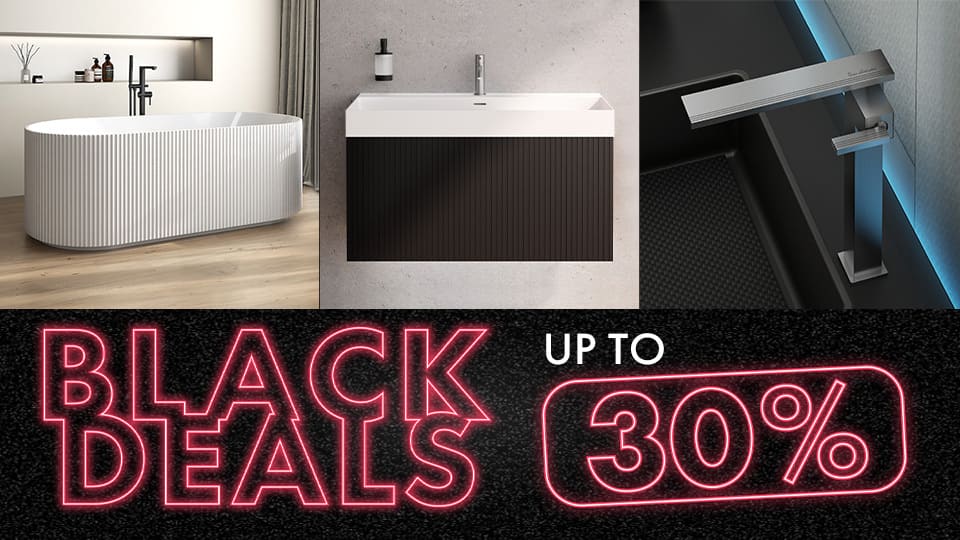Building Alert Pro – All current building applications in your area at a glance
Discover building applications now
Everything homeowners need to know — Every first Thursday of the month.


Everything homeowners need to know — Every first Thursday of the month.

Regional craftsmen
Only certified companies
Quality guarantee

Smart homes make everyday life easier, increase living comfort, make the home safer, reduce energy consumption and improve the indoor climate. That's why more and more homeowners want to automate individual tasks or entire scenarios. The spectrum ranges from the simple remote-controlled living room lamp to scenarios for the alarm system during vacation absences to temperature- and weather-dependent automatic control of the blinds, heating and ventilation during the course of the day.
You don't necessarily need a complete system to automate individual functions in your home. For example, you can replace conventional light bulbs with smart lights or modernize conventional thermostats with networked radiator controllers that can be controlled via app. However, the true efficiency and intelligence of home automation only becomes apparent when you network various components together and define certain processes. With a home automation system, you have control over a wide range of elements - from the lighting and the shutters to the heating and the washing machine to the photovoltaic system and the charging station for electric vehicles.
An open smart home system offers the possibility to integrate applications and devices from different vendors, while a closed system only supports products from one manufacturer. If you plan to build your system gradually with individual components, an open system is recommended because it offers flexibility. If, on the other hand, you decide on a complete installation, a closed system can be advantageous because the components are optimally matched to each other.
{{smarthome}}
For simple applications such as remote control of lighting via an app with an adaptive plug, you can consider do-it-yourself solutions that you can install yourself. However, if you would like to automate more advanced functions or comprehensively network your home, it is advisable to hire an expert for smart home systems. They will provide you with comprehensive advice, plan the right system, install all the devices professionally and connect them to each other either wired or wirelessly.
The cheapest are switchable sockets that control a lamp or the TV, for example, via radio or a smartphone app. Simple starter kits with a control center, motion detector, radiator thermostat and smoke detector, which you have to install yourself, are available in DIY stores or on the Internet from 300 Swiss francs. Upwards, the price limit is almost open. The cost depends on the level of automation, the sensors and devices, the communication channels and the components already installed, for example, the cable ducts.

If you want to retrofit a single-family home with smart home, you should expect to pay 15,000 to 30,000 Swiss francs for a complete networked system. Smart Home for a new building is cheaper because the installation effort is smaller. A complete system for 10,000 to 20,0000 Swiss francs has enough motion detectors, heating ducts, switching ducts, blind ducts, pushbuttons as well as temperature sensors for an average single-family home and is conveniently controlled via a smartphone or tablet. In addition to the material and labor costs, there are about 300 to 500 Swiss francs a year for maintenance and 400 to 1,200 francs a year for the emergency call center if you include an alarm system.
If you want to retrofit a condominium with smart home, you should expect to pay 10,000 to 20,000 Swiss francs for a complete networked system. Smart Home for a new building is cheaper because the installation effort is smaller. A complete system for 5,000 to 10,000 Swiss francs has enough motion detectors, heating ducts, switching ducts, blind ducts, pushbuttons as well as temperature sensors for an apartment with four or five rooms and is conveniently controlled via a smartphone or tablet. In addition to the material and labor costs, there are about 200 to 400 Swiss francs a year for maintenance and 400 to 1,200 Swiss francs a year for the emergency call center, if you include an alarm system.
{{forum}}
| Material and labor costs | from | to |
|---|---|---|
| Simple DIY single units | 300 CHF | 500 CHF |
| Simple DIY starter kit | 500 CHF | 3,000 CHF |
| Complete system for a condominium | 10,000 CHF | 20,000 CHF |
| Complete system for a condominium (new construction) | 5,000 CHF | 10,000 CHF |
| Complete system for a single family house | 15,000 CHF | 30,000 CHF |
| Complete system for a single family house (new construction) | 10,000 CHF | 20,000 CHF |
| Annual operating costs | from | to |
| Maintenance for a condominium | 200 CHF | 400 CHF |
| Maintenance for a single family house | 300 CHF | 500 CHF |
| Emergency call center (with alarm system) | 400 CHF | 1,200 CHF |
All prices are indicative only (as of 2023) so you can estimate the cost. If you want an exact offer, ask our certified smart home experts from your region.
